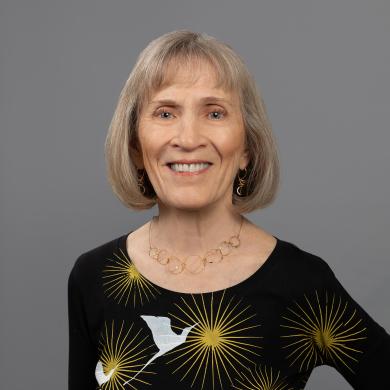
The Work Goes On
Claudia Goldin on her journey from the Bronx to Harvard–with lots of groundbreaking research in between
Claudia Goldin, the Henry Lee Professor of Economics at Harvard University, joins the podcast to talk to Princeton’s Orley Ashenfelter about growing up as an “inner city kid” in the Bronx, how her famous study on the impact of blind auditions at orchestras came to be, and her life’s work on “the single most important change in the labor force” for almost every country: women’s labor force participation.
In this episode, Goldin and Ashenfelter discuss:
- Goldin’s upbringing in the Bronx and the role of several economists–including Fred Kahn, Sam Peltzman, Les Telser, Ron Coase, Gary Becker, and Bob Fogel–on her education and career.
- Goldin’s early research on slavery in the U.S. south and the economic costs of the U.S. civil war–as well as her famous study, conducted with Princeton’s Cecilia Rouse, on blind auditions and gender discrimination in orchestras.
- The evolution of her work on female labor force participation and gender inequalities in the labor force.
- The consequences of the COVID-19 pandemic on women’s labor force participation.
- Goldin’s experience as one of few female labor economists in the 1970s.
Goldin earned her Ph.D. from the University of Chicago in 1972. She joined the faculty at Harvard in 1990, becoming the first woman to be tenured in the economics department. "The Work Goes On"—a podcast produced as Princeton's Industrial Relations Section (IR Section) celebrates its 100th anniversary—is an oral history of industrial relations and labor economics hosted by Princeton's Orley Ashenfelter.
Goldin, Claudia Dale. “Career & Family: Women's Century-Long Journey Toward Equity.” Princeton: Princeton University Press, 2021.
Goldin, Claudia Dale, and Lawrence F Katz. “The Race Between Education and Technology.” Cambridge, Mass.: Belknap Press of Harvard University Press, 2008.
Goldin, Claudia Dale. “Understanding the Gender Gap: An Economic History of American Women.” New York: Oxford University Press, 1990.
